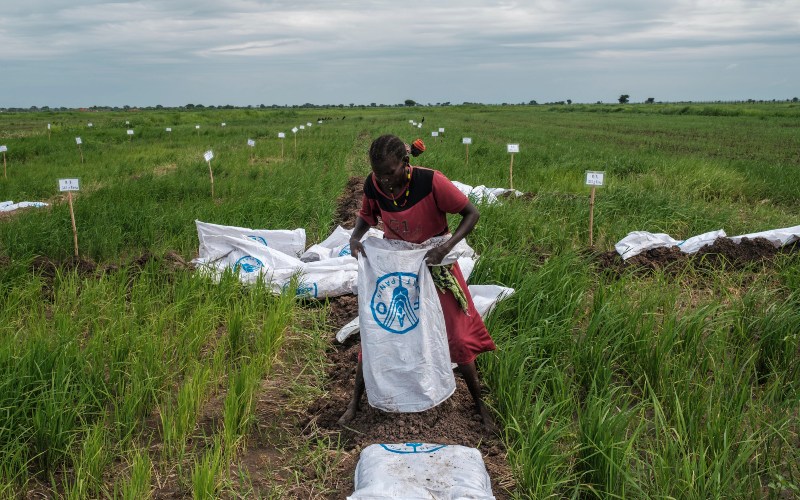Ombudsman probes bias claims in issuance of identification documents in Wajir

The team will also seek to identify challenges faced by the residents in the acquisition of the documents.
The Commission on Administrative Justice (Office of the Ombudsman) is conducting an inquiry into the accessibility of legal identity documents for citizens in Wajir County.
The inquiry follows numerous complaints by citizens and media reports alleging discrimination and inordinate delays in issuing important documents to residents of Northern Kenya, particularly those of Somali origin residing in Wajir County.
More To Read
- 26 arrested in crackdown on criminal network illegally issuing government documents
- Wajir MCAs demand answers over rising abductions after two men vanish
- Wajir police nab suspect with AK-47 rifle in ongoing crackdown on illegal firearms
- Government tightens ID registration checks after scrapping vetting process
- New 1MW generator boosts Wajir’s power supply, promises relief from frequent blackouts
- Stakeholders warn of increased FGM cases in Wajir during long school holiday
The documents include national IDs, Kenyan passports, and birth and death certificates.
The team will also seek to identify challenges faced by the residents in the acquisition of the documents.
“The Commission will from February 19-23, 2024 camp in Wajir town to engage state, none state actors and members of the public to document barriers and challenges faced by citizens in getting these vital services from government agencies mandated with these responsibilities to issuing legal identity documents to Kenyan citizen residing in Wajir County,” reads the Ombudsman statement.
In partnership with the Geneva Centre for Security Sector Governance, the activity will be led by the commission's vice-chairperson Washington Opiyo Sati and the commissioner-access to information Lucy Ndung'u.
 The Commission on Administrative Justice Vice Chairperson Washington Sati in Wajir on February 19, 2024. (The Ombudsman)
The Commission on Administrative Justice Vice Chairperson Washington Sati in Wajir on February 19, 2024. (The Ombudsman)
The Ombudsman noted that government agencies are under obligation under Article 232 of the Constitution to ensure effective and efficient processing of these vital documents to all Kenyan citizens without delays and discrimination.
“Without these vital documents, citizens cannot claim their basic rights and enjoy public services such as registration in government social protection programmes, health care, school enrolment, the right to vote, employment, the opening and operating of bank accounts, the registration of mobile phones, the ability to move freely in and outside the country and to access legal services etc,’ the Ombudsman said.
The Ombudsman said it will assess the procedures involved in issuing ID cards to residents, identify any existing loopholes, and determine the extent of discrimination in the issuance process.
It also intends to propose policy, legislative, and administrative measures to enhance the registration process and address the identified challenges.
The Ombudsman noted that the initiative is not only crucial for addressing the immediate concerns of citizens in Wajir County but also aligns with the broader objective of promoting peaceful and inclusive societies, as outlined in the Sustainable Development Goal 16.
Top Stories Today













































